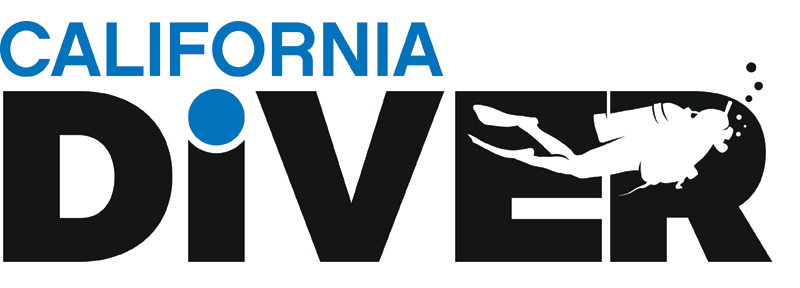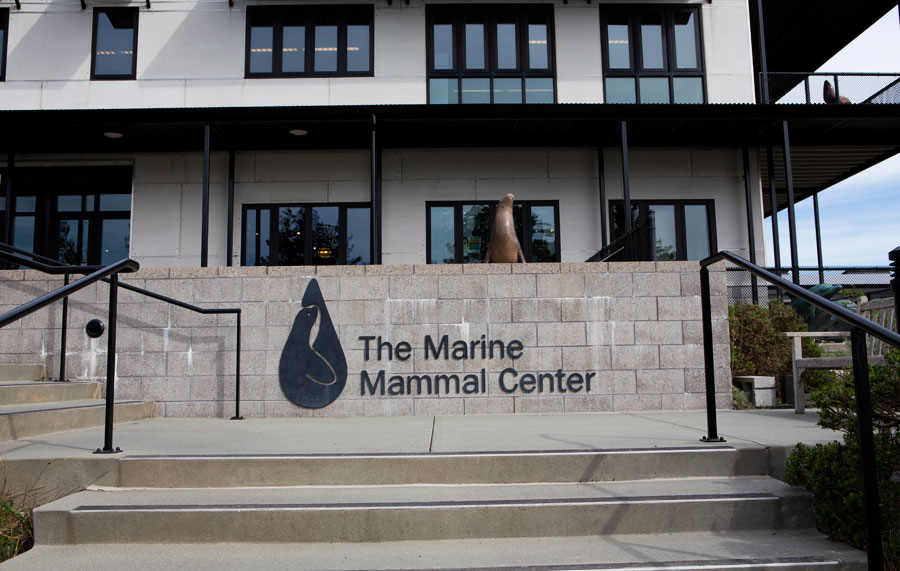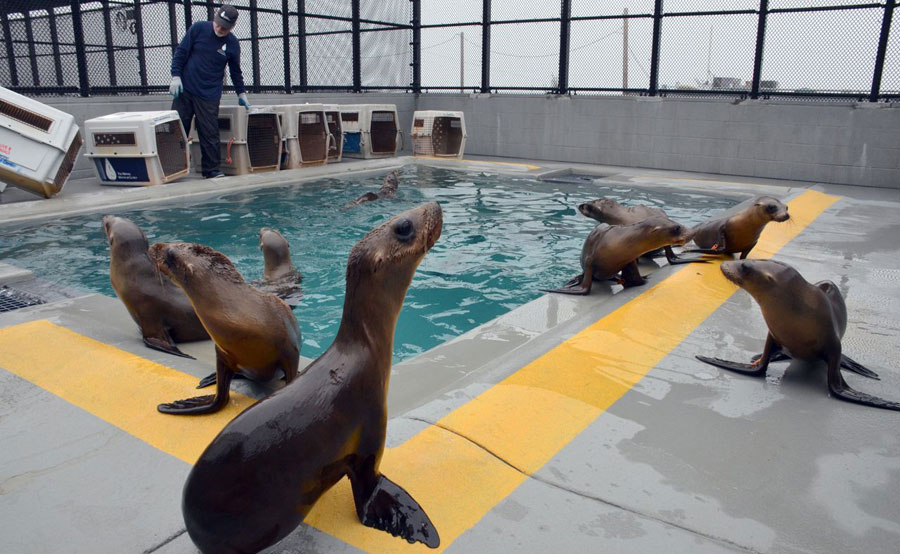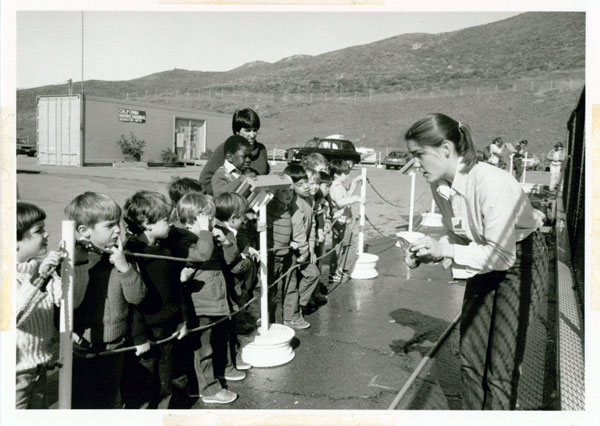The Marine Mammal Center held a press event on Wednesday, March 26, to commemorate its 40th anniversary during one of the worst years on record for California sea lions. The current crisis underscores the importance of the Center’s work to the San Francisco Bay Area community, California coastline and marine conservation efforts.
Speakers at Thursday’s press conference included:
- Dr. Jeff Boehm, Executive Director, The Marine Mammal Center
- Merrill Magowan, Board of Directors, The Marine Mammal Center
- Howard Levitt, Director of Communications & Partnerships, Nat’l Park Service
- John Simon, Senior Vice President, Human Resources, PG&E
- Jennifer Weller, TMMC Volunteer Representative
“While we honor the accomplishments of the past 40 years, our work has become more urgent and necessary than ever,” said Dr. Jeff Boehm, executive director. “The current sea lion crisis highlights that our rescue and rehabilitation work, scientific research and educational programs are a vital effort in saving our ocean environment.”
Sea lions in trouble
In 2015, patient numbers are breaking records. The Center has already responded to more than 727 animals this year, compared to 146 at this time last year. California sea lions make up 88% of the patients so far in 2015 for a total of 640 rescued, compared to 59 on the same date in 2014.
With an unprecedented number of starving young sea lions stranding on our shores this year, providing efficient and effective treatment is more important than ever.
“Making smart decisions about the way we care for our patients is absolutely vital during a crisis,” says Dr. Shawn Johnson, director of Veterinary Science at The Marine Mammal Center. “Even small adjustments can make a big difference, and it’s our commitment to learn from every single patient that has helped us give so many animals a second chance at life.”
Based on what veterinarians have learned from the current sea lion patients, the following changes have been made to the care of these extremely emaciated sea lions in order to increase their ability to absorb nutrients:
- Remove salmon oil from fish formula
- Introduce new nutritional supplement Emeraid
- Adapt feeding schedule
- Prescribe medication to prevent stomach ulcers
Additional background information on these changes are available by clicking here.
About The Marine Mammal Center
Founded in 1975 out of compassion for stranded seals and sea lions, The Marine Mammal Center has evolved into the world’s largest marine mammal rehabilitation hospital. In addition to the rescue of marine mammals, this nonprofit organization is internationally acclaimed for its scientific research and educational programs. As a true teaching hospital, the Center hosts veterinarians from around the world who come to train and gives schoolchildren the opportunity to slip into the mindset of marine biologists, developing a passion for the ocean environment and its protection.
At the Center, more than 1,100 volunteers support 50 staff in all areas of operations, from animal care to education. With headquarters located in the magnificent Golden Gate National Recreation area, a close collaboration with NOAA Fisheries, and the incredible support of businesses, foundations and private donors, The Marine Mammal Center has evolved into the largest rehabilitation hospital of its kind in the world, allowing not only an effective response to the current sea lion crisis, but also a focus on scientific research to help prevent similar crises in the future.
The center began in 1975, when Lloyd Smalley, Paul Maxwell and Pat Arrigoni established the California Marine Mammal Center on the site of a former Nike missile site in the Marin Headlands. A sea lion named Herman was the first patient to be treated and released. Since then, the Center has responded to over 20,000 marine mammals in its 600-mile rescue range along the California coast.
The 40th Anniversary year is presented by PG&E, our partner in sustainability.
The best way for the public to help in this immediate crisis is to donate by clicking here.
They also ask the public to not approach, touch or remove a stranded marine mammal, as this is both unsafe and illegal. Please call their 24-hour rescue hotline at 415-289-SEAL (7325) with exact location information and let us respond.
For more information, visit www.MarineMammalCenter.org



